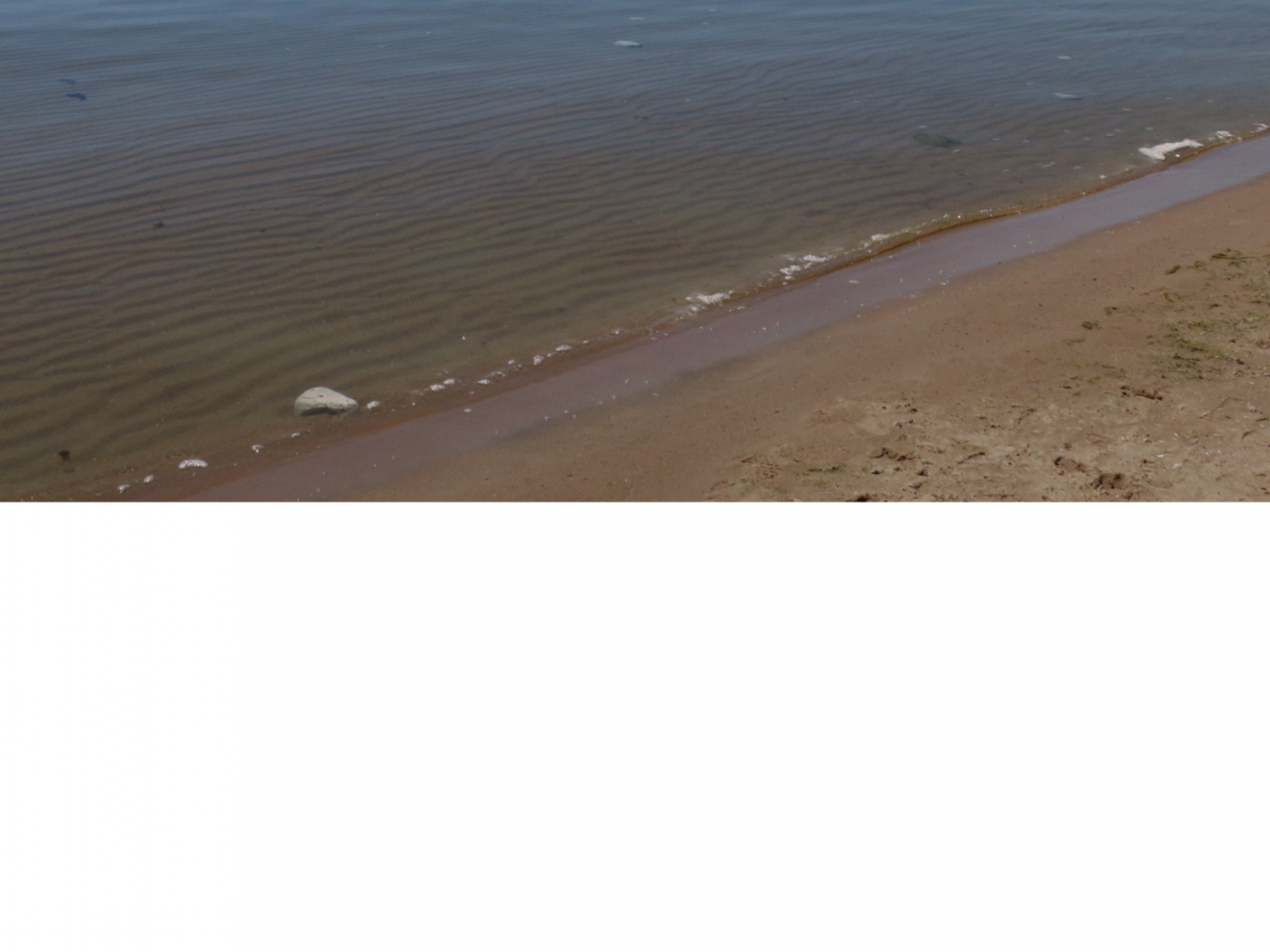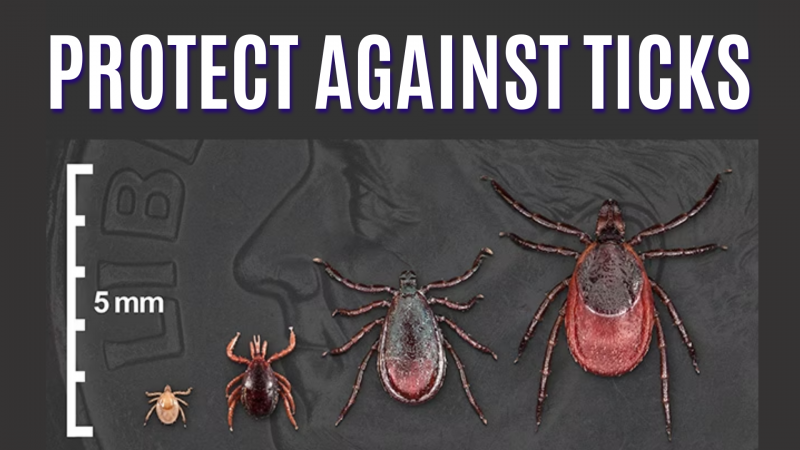The Chautauqua County Health Department (CCHD) monitors permitted bathing beaches for water quality concerns including elevated indicator bacteria, specifically Escherichia coli (E. coli), and harmful algal blooms. If CCHD identifies water quality concerns the beach will be closed until tests show the reason for the closure no longer exits. Please note beach operators may need to close beaches for reasons other than water quality concerns, such as staffing issues or severe weather concerns.

Beach Closures Due to Water Quality Concerns
Beaches will be closed by CCHD when water sample results show indicator bacteria levels above the Environmental Protection Agency (EPA) water-quality standards. High bacteria levels in beach water suggest a possible health risk, especially if the water is ingested or a swimmer has open wounds that allow pathogens to enter the body.
When CCHD issues a beach closure for water quality concerns beach operators are required to post signs at the beach to alert the public. The New York State Department of Health maintains a map of New York State Public Beaches with current and historical E. coli results listed.
Visit the US Enviornmental Protection Agency - Beaches website for general information about beaches and water quality issues.
Beaches may be closed due to harmful algal blooms (HABs). To learn more about HABs, please check out the links at the bottom of the page.
Beach Status
The chart below is updated with new results as data becomes available during the beach season. Beaches are sampled weekly or bi-weekly, depending on the likely changes in water quality for a specific beach. A satisfactory listing does not guarantee that a beach will be open for swimming since beaches may close for reasons other than poor water quality, such as staffing problems, weather, etc.
Water quality status for permitted public beaches, based on the most recent E. coli counts, is listed below.
Table Updated: September 10, 2024
Lake Erie Beaches |
|||
| Town of Hanover, Irving | Closed for season | ||
| Sunset Bay, Irving | Closed for season | ||
| Wright Park, Dunkirk | Closed for season | ||
| Point Gratiot, Dunkirk | Closed for season | ||
Chautauqua Lake BeachesLocalized harmful algae blooms have been observed on Chautauqua Lake & Findley Lake - see website links below to learn more. |
|||
| Long Point State Park |
|
Bacteria Results and blue-green algae closure notifications are available on the NYS Parks website. |
|
| Mayville Lakeside Park |
|
Closed for season | |
|
Children's Beach, Chautauqua Institution |
Closed for season | ||
|
College / Pier Beach, Chautauqua Institution |
Closed for season |
||
| Lakewood Village Beach | Closed for season | ||
Cassadaga Lakes Beaches |
|||
| Cassadaga Village Beach | Closed for Season | ||
| Lily Dale Beach | Closed for season | ||
Blue-Green Algae and Harmful Algal Blooms
The best way for you to protect yourself, your family and your pets is to learn about HABs so you know what to look for and avoid potentially dangerous areas. Use the links below to see pictures of different types of blooms and understand where blooms have been reported locally. The scientific name for blue-green algae is cyanobacteria which may be referenced in these links.
The NYSDOH - Harmful Blue-green Algae Blooms website provides pictures and guidance in identifying a bloom and what to do if you may have been exposed.
The New York State Department of Conservation has a website: NYSDEC - Harmful Algal Blooms that also provides pictures and descriptions to aid in understanding the differences between types of algae. The NYSDEC - NYHABS mapping system provides an online mapping tool to view where confirmed HABs have been reported locally. To report a possible bloom that you've seen use the NYSDEC - HABS reporting survey to submit pictures and details of the bloom.
If you are a medical provider or otherwise interested in the health risks associated with exposure to toxins produced by blue-green algae the CDC has a Physician Reference document that has a good general overview of the potential health risks.
Additional Information and Quick Links
Information Bulletin from NYSDOH (pdf)















